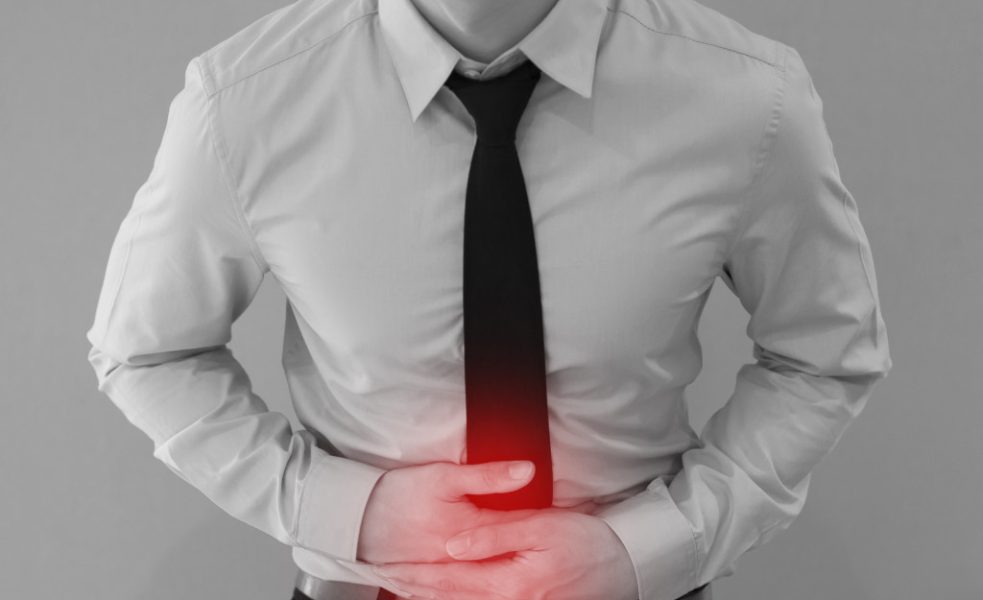Indigestion is just the first sign of disease. If it occurs during the day, it might suggest that there’s an underlying cause for it. However, before you jump to conclusions and fear for your life, you must first understand indigestion. Here’s a guide to help you understand it better.
What Exactly Is Indigestion?
Many people will experience indigestion at some point in their life. It’s a common symptom of an upset stomach and can be caused by several factors. This can include bad eating habits, food allergies, poor digestion, and lack of certain nutrients. Symptoms include pain or discomfort after eating, bloating, or feeling sick.
Indigestion is not a disease but a symptom of an underlying condition. For example, indigestion can be caused by problems with the pancreas or gall bladder, heartburn from acid reflux disease, ulcers in the throat and stomach, or even irritable bowel syndrome (IBS).
In most cases of indigestion, an endoscopy procedure can help investigate the cause of the problem and stop it from developing further. That’s why it’s so important to visit your doctor, nurse, or other healthcare professionals if you suspect that you have indigestion.
Five Signs That Your Indigestion Is More Serious Than You Think
Simple changes in lifestyle and diet often cause indigestion. This is the discomfort of the stomach, indicating an improper amount of acid being produced for digestion. Once you have indigestion, it may be relieved with antacids, but it can also be a sign that there’s something more serious.
The key to not ending up with a life-threatening illness is simple: go see a doctor as soon as possible. It could also be wise to visit a specialist to check if your endocrine system is still working properly. That said, here are five signs that show your indigestion may be more serious than you thought:
1. You feel a chronic discomfort in your stomach
Chronic indigestion is a serious condition that affects your stomach and digestive system. People who suffer from it constantly experience discomfort or pain in their stomach that may end up lasting for hours, days, or even weeks. This chronic pain can be felt anytime after eating, especially when you eat certain food such as bread or fatty food.
2. Your indigestion can’t be relieved with antacids
Medical and natural remedies can be very effective in healing the symptoms of indigestion. Strong antacids help you overcome that uncomfortable feeling in your upper abdomen and reduce bloating and heartburn while fighting acidity and other digestive issues.
However, if these treatments do not provide relief for you, then it may be a sign that there’s something wrong. So, to prevent any serious side effects or conditions in your digestive system, it is advised that you visit a doctor.
3. You can no longer eat spicy food
If your stomach gets upset at the mere thought of eating something with chili or jalapenos, then it’s time to pay attention. This is because spicy food can irritate your digestive system and trigger indigestion. Plus, if you’re already suffering from severe heartburn and acid reflux, then spicy food may end up making the situation even worse and trigger a gastric ulcer.
4. You experience severe chest pain
Chest pain is one of the main warning signs that you have a heart attack. This type of indigestion can be excruciating, but it may also be perilous because it can cause a cardiac arrest.
The heart attack pain is not felt in the middle of the chest; rather, it is at its upper end. The pain may spread to the left arm and jaw. If you experience these signs, you should seek medical attention immediately.
5. You experience a loss of appetite or feel sick

In many cases, indigestion can cause a loss of appetite, making it difficult to eat certain food. This is because you may feel like something is stuck in your esophagus or that food will come back up. Sometimes, it can also feel like you’re going to vomit, which can end up making you feel sick.
If you experience any of these symptoms, it would be best to avoid eating, at least, until the discomfort subsides; this will prevent even more indigestion and make your body recover faster.
The key here is always prevention. If you suffer from chronic indigestion, you should visit your doctor to diagnose the causes of these symptoms and provide you with proper advice. This will prevent any serious health complications in the future and help you live a longer life.



